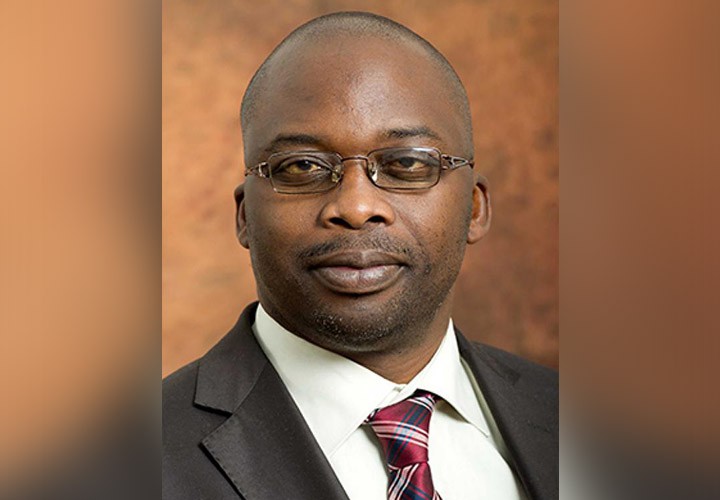
Minister of Justice and Correctional Services, Michael Masutha. Photo from government website.
30 June 2017
Advocate Michael Masutha, the Minister of Justice and Correctional Services, has admitted that there is a huge backlog in consideration of lifers for parole. He said “the combined lack of reports from social workers and psychologists” as well as “outstanding restorative justice interventions” were the main reasons why submission of inmate profiles to parole boards are delayed. Masutha was speaking at a press conference in Pretoria on Thursday.
Lifers are inmates who are sentenced to life imprisonment. Due to a series of judgments and remissions of sentences, the minimum sentence that an inmate sentenced to life imprisonment before 1 October 2004 needs to serve before being considered for parole is 12 years and four months.
Those sentenced to life after 1 October 2004, need to serve a minimum of 25 years.
GroundUp recently reported on the delays in the consideration of parole for this group of lifers. See here and here.
Masutha said that since the most recent judgment affecting lifers’ sentences in 2011, about 1,412 inmates have been considered for parole. “I have, since assuming office in May 2014, considered 1,124 parole applications brought before me of offenders serving life sentences. Of this group, I have released only 291,” he said.
Masutha added that this group of lifers has the lowest rate of non-compliance with their parole conditions and a low rate of reoffending.
Not only is there a large backlog of inmates to consider for parole but the Department of Correctional Services is also experiencing a bombardment of litigation from frustrated lifers.
Masutha said that they are expecting even more litigation “given the current backlog of offenders who are now partaking in hunger strikes and sit-ins in the correctional centres due to delays in submission of their profiles”.
“I am told on average I get taken to court ten times a week,” said Masutha.
He also admitted that he has been found to be in contempt of court for a number of cases because the cases don’t get attended to. “Judgments are granted against us without us even being aware of cases,” he said.
Masutha referred to the recent judgement in which the Durban High Court ordered his department to consider applicants’ parole applications even if reports such as those from social workers and psychologists hadn’t been completed. Masutha believes that this will have “devastating” consequences as inmates may be released without the correct assessments being completed. The department has applied for leave to appeal the judgment.
Masutha said that the delays in considering parole are also increasing the overcrowding levels in some centres.
One of the ways that the department is attempting to deal with the problem is to set up a database with the details of all lifers and when they are due for parole. The department is also going to be working more closely with the state attorney to ensure that the applications brought against it are “properly and timeously attended to”.
The minister said that the department is attempting to fill vacancies and that more than half of these have already been filled.
Provinces have also been asked to set up task teams to manage the backlog of parole applications.
The department also wants to revise the parole system in the country and has developed a position paper on the topic. Masutha said that the new system would focus on support for victims of crime as well as communities, and support for parolees and ex-offenders after their release.